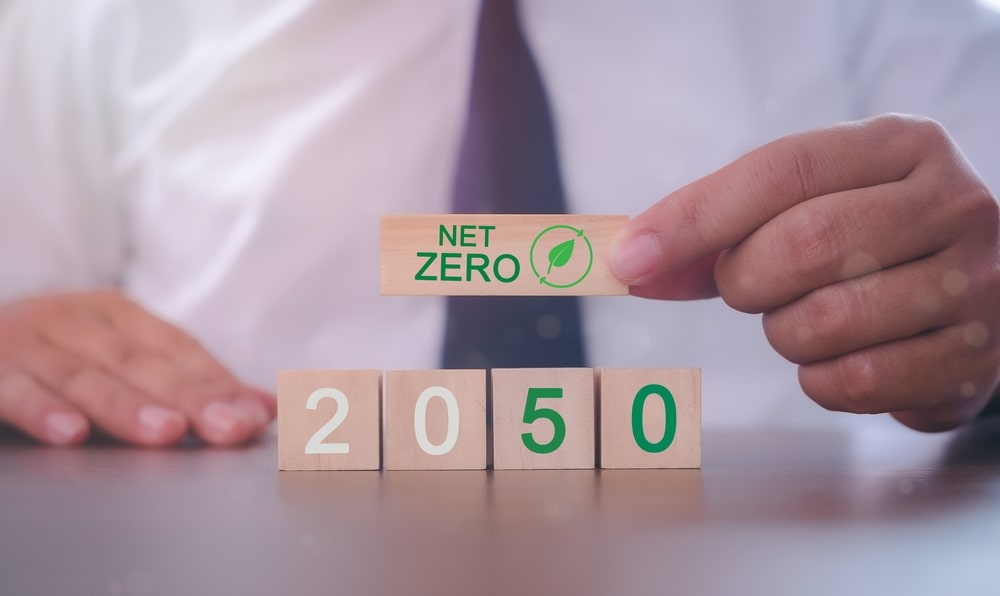Since the Corona outbreak developments have been changing rapidly. Solutions come faster, and through technology and AI, we can reach a net-zero world.
In this blog post, we are going to focus on the positive developments in the Carbon market.
As we will realise, there are many great inventions and solutions to make our world better.
Three developments are going to take the main stage. Carbon scoring for transparency of the food chain.
Asia is on its way to becoming the next big thing when it comes to net-zero and reducing outputs. Lastly, plastic offsets may be a great way to increase sustainability.
With these ways to use the carbon market to our advantage and start seeing the benefits, our technology can bring to create a sustainable world.
Inventions like nanotechnology and virtual reality are exactly what accelerate our possibilities to better our world.
And the solutions we need to strive for in this world. Climate change urges for a net-zero world, a world where there is a balance between the amount of gas produced and the amount removed from the atmosphere.

Carbon score in the food chain
One of the solutions we can have a look at is carbon scoring for transparency in the food chain.
Arguably, there isn’t much transparency in the food chain because currently, it is unknown how much carbon the creation of our food emits.
The food and beverage score can provide us with what we all want: transparency.
Especially for consumers, it would be good to know how much carbon was produced or whether carbon was produced.
The backs of our products are now going to be clear and transparent. We’ll all know exactly how our products are produced.
At the same time, the knowledge of the carbon footprint isn’t just beneficial for consumers to become aware of what is used.
We also must realize that knowledge of carbon reductions is important for manufacturers and retailers.
There needs to be concrete evidence for the claims made to reduce the carbon footprint.
For this reason, the carbon score is beneficial to hold businesses and consumers accountable for the use and production of carbon.
Since the outbreak of Corona, consumers want to be better, so they will buy products that produce lower carbon scores.
Brands that switch fast and brand their products with low carbon labels are already rewarded with a rise in consumers.
As is already seen with many foods and beverage retailers, who promote their carbon zero claims, they have a big range of consumers.
Of course, labeling carbon zero claims are carefully regulated and need to be truthful. It will be regulated by law.
Let’s ensure that we are better and can reap the benefits of doing good before the regulation kicks into force.


Asia is investing in carbon markets
Asia is amid its technological revolution. Formerly, Asia was a producing territory, now they finally join Europe and US in the technological field.
They went from a territory based on exporting produced goods to other parts of the globe to becoming part of digital and technological innovations.
Asia (20 whole years after Europe and the USA) is moving onto the carbon market as a new player on the field.
After seeing the experience of Europe and the US in this market, Asia can take from the lessons learned by the other parties.
And are now developing further with what they abstracted from those lessons. The question that arises is what can Asia contribute to the current carbon market?
As was already mentioned, Asia is at the height of the technological revolution, and with the fast-paced growth of consumerism, we need to find out what the rise means for us.
A part of what it means is the carbon markets. They need to help us on our path to net zero.
Let’s take from their observations and find our path to financing projects that avoid carbon emissions with the carbon markets. The EU has one of the largest emission systems and is expanding overall businesses.
While China starts with power generation first. It is about the percentage of the economy’s total emissions that the country focuses on.
In addition, more and more voluntary action is taking place. It means that businesses and consumers are already ensuring the product wasn’t produced with carbon.
We can see there is a transition taking place, because people are seeing the benefits of a net zero world. And the risks of investment by businesses in carbon credits can be diminished by diversifying the portfolios.
Plastic offsets together with carbon offsets
After empowering consumers with more knowledge and getting Asia more and more into the carbon offsetting game, we can focus on more diverse offsets.
The latest in the works are plastic offsets. For the use of carbon, professionally or personally, it is necessary to buy credits to invest in projects to tackle the problem.
Now, we are going to look at another development. Plastic offsets. The sentence plastic is a problem that has been known for years.
And it has been an even bigger problem for sustainability, but we need plastic.
Nevertheless, since our world is becoming better and using technological innovations to their advantages, we can source different types of plastics. Plastics that are more sustainable or derived from algae.
Let’s use those instead. We all want to be better. Before the regulations kick in, let’s ensure our companies and consumers invest in this better world.
It is a synergy we need to ensure everyone benefits. Let’s invest in projects that recycle plastic.
So, we can be the first ones with neutral plastic, the ones who are better and provide more recycling to ensure a zero-waste future.
The world is changing for the better and we will get there eventually. Let's speed up this process and become net-zero before we need to.
Let’s use these technological developments for the better.





